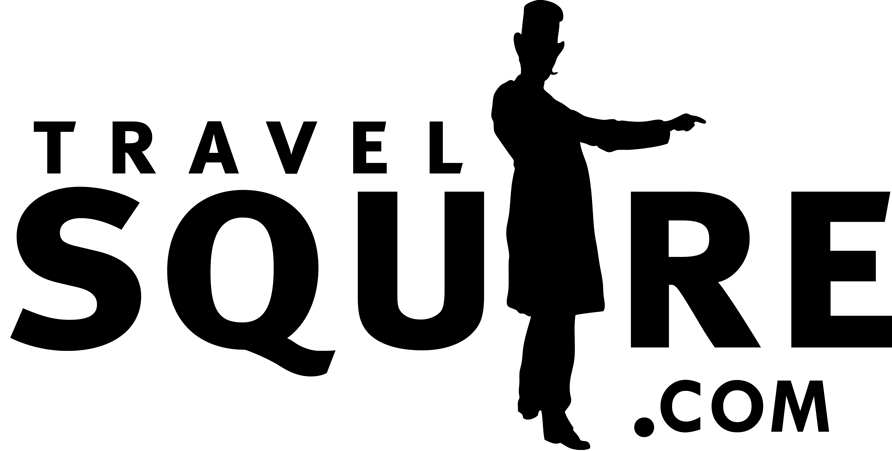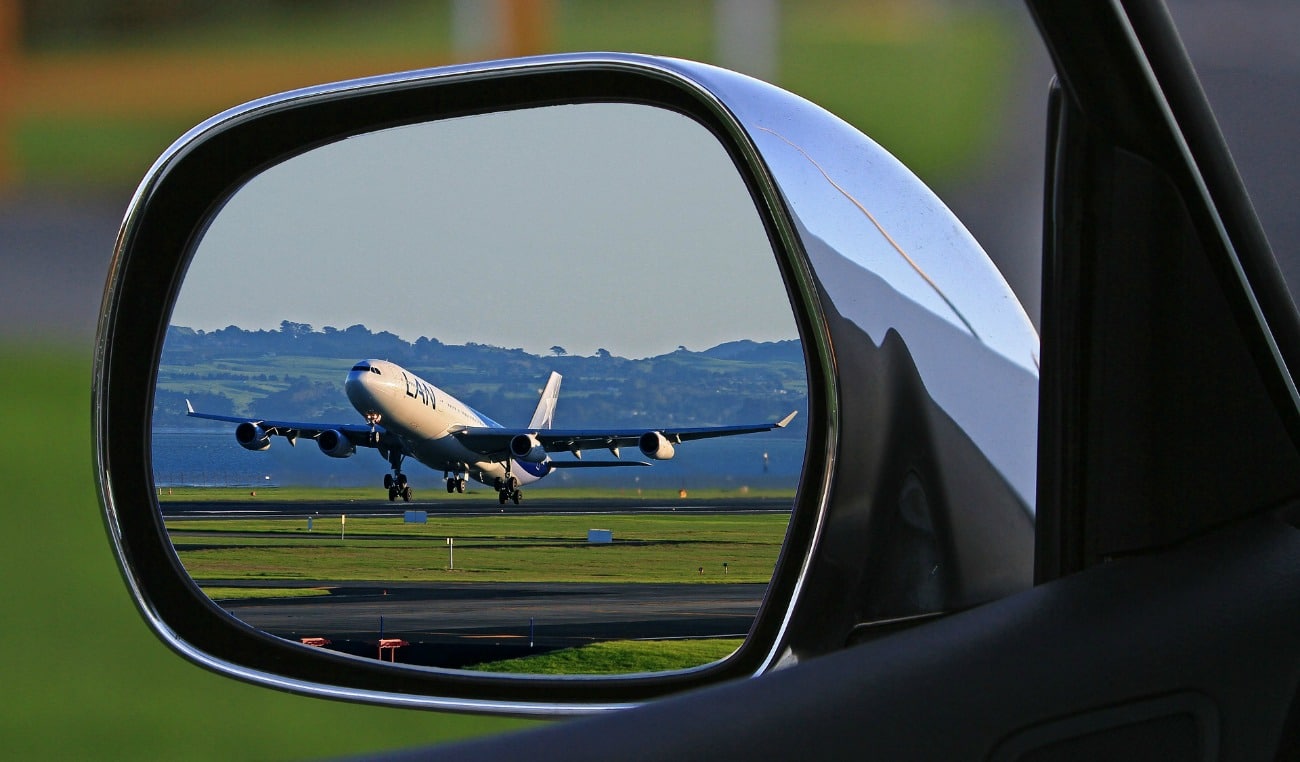Deep in slumber these words permeated my dream, “Passengers, fasten your seat belts, we’ll be taking off momentarily.” Clearly, I have been home way too long. Anyone who is a raging travel bug like me understands. We’re anxious to get back in the travel game. But, before gearing up for flying post Covid-19, be sure to check your destination’s travel mandates. Many places across the USA and around the world still have travel restrictions in place.
Once you’re ticketed and ready to fly, here’s what you can expect at airports and onboard the airplane.
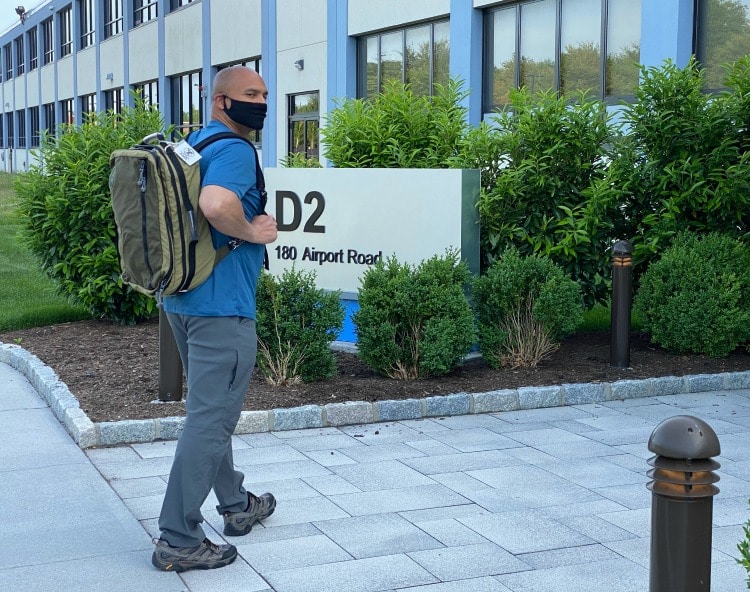
Flying Post Covid-19 Means New TSA Procedures in Security
Air traffic plummeted during the initial days of the coronavirus lockdown dropping as much as 95% in mid-March. With that number now gradually diminishing, the TSA has responded with new safety precautions. For example, TSA officials will no longer scan your boarding pass—paper or electronic. It will be up to you to place it on the code reader or hold it up for inspection. They’ll also be wearing face masks and gloves. If the need to pat-down a passenger arises, the gloves will be discarded for a fresh pair.
As for passengers, we’ll be expected to do our part to help move things along smoothly. Many airlines suggest bringing your own food. But remember, food items often trigger an alarm during screening. Be sure to pack snacks in a clear plastic bag to be placed in the bin for inspection. This helps reduce the amount of bag searches necessary to clear security. TSA officials don’t really want to touch the contents in our carry-on bags and the feeling is mutual.
The 3.4-ounce liquid rule still applies to everything except hand sanitizer. Up to 12 ounces of hand sanitizer will be permitted—just be sure to take it out of your carry-on and place it in the bin for inspection. Be sure to add masks to your packing list and keep one handy. You will need it at the airport and on the plane.
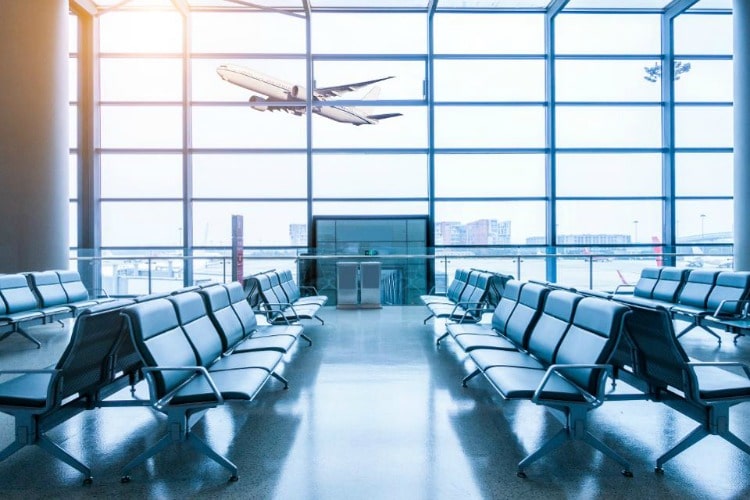
Bonus: Flying Post Covid-19 Means Fewer Passengers and More Space
Once you’re at the gate, chances are you’ll be able to grab a seat while numbers remain low. For now, many airlines are limiting the number of passengers allowed on flights. For example, Delta currently caps seating at 50 percent in first class and 60 percent in the coach. American Airlines is blocking half of its middle seats. There is no word on how long these limitations will apply, so enjoy the extra space while it lasts.
Boarding is different, too. Those Southwest line-ups of 30 passengers each in two adjacent lines have been reduced to only 10 passengers at a time. Alaska Airlines, Delta and Frontier are boarding planes from the rear rows forward to aid social distancing efforts.
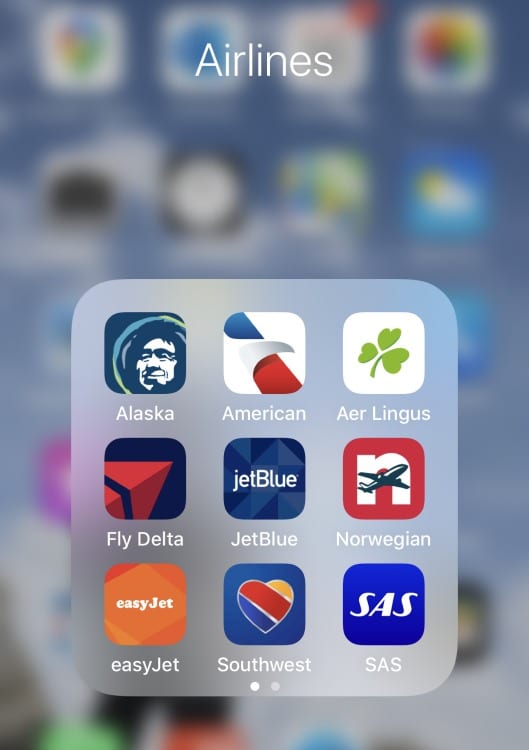
Ready, Set, Take-Off
Flight attendants won’t be flashing their pearly whites at you once onboard. Rather, they’ll be setting an example by wearing masks and you’re expected to do the same. And to reduce touchpoints, they won’t be able to assist you in stowing your heavy bag in the overhead bin. If you are bringing a carry-on, pack light or consider pumping up those biceps pre-flight.
Enhanced aircraft cleaning procedures have been announced by all carriers. Some, like Alaska Airlines, will also provide sanitizing wipes onboard. Air Canada supplies Customer Care Kits for passengers which include gloves, disinfecting wipes, bottled water, hand sanitizer and a mask.
Continuing the focus on reducing touchpoints, most airlines encourage passengers to download the airline’s app prior to boarding. The app serves as a resource for in-flight entertainment as well as providing an electronic boarding pass and gate information. JetBlue’s seatback televisions will remain in place, but the airline will enable your personal device to act as the remote control.
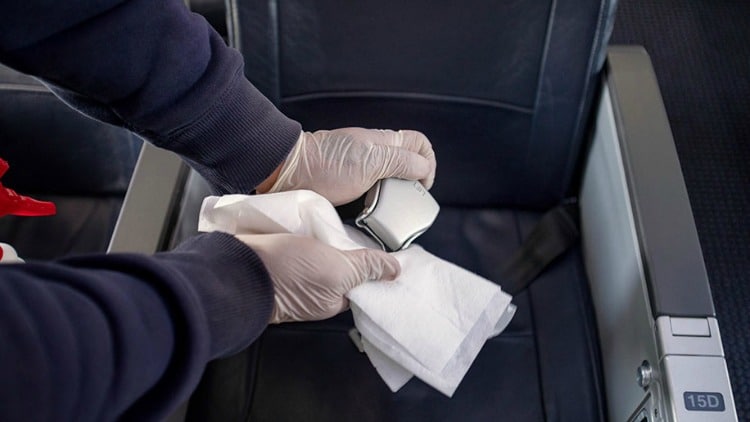
Not Ready to Fly?
New restrictions coupled with uncertainty regarding destination travel mandates leave many of us wondering if we should book any flights this year. Understanding this, several airlines have expanded special offers to waive change fees on existing and new bookings.
American Airlines extended the offer to waive change fees on all flights booked by June 30th for travel through September 30, 2020. You’re allowed to change the origin and destination cities as part of this offer. And, you have until December 31, 2021, to complete any travel you rebook.
Delta Airlines’ change fees are also waived along with award redeposit fees for domestic and international travel departing March through September 30, 2020. This also applies to tickets purchased between March 1 and June 30, 2020. You can move your travel dates and change your destination as well.
United Airlines and Jet Blue customers also have until June 30th to book flights without incurring change fees. Travel credits will be issued for canceled flights and will remain valid for 24 months from the date of issue.
If you need to cancel a Southwest flight, you have until 10 minutes before departure to do so. Flights canceled between March 1, 2020, and September 7, 2020, will receive credits valid through September 7, 2022.
Patience is a Virtue
Navigating the ever-changing travel landscape brought to us courtesy of COVID-19 requires patience. Michelangelo once said, “Genius is eternal patience.” If there was ever a time to work on your “genius” this is it!
